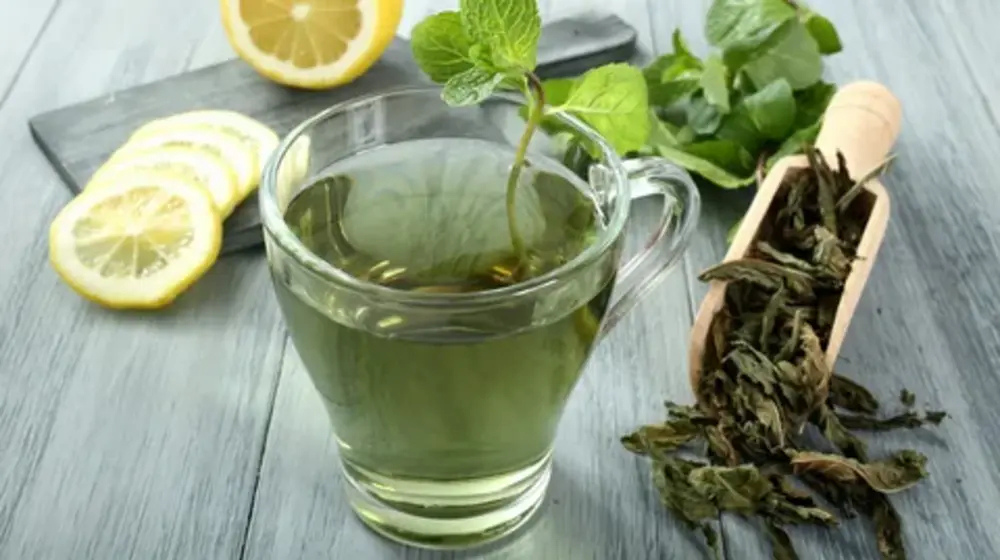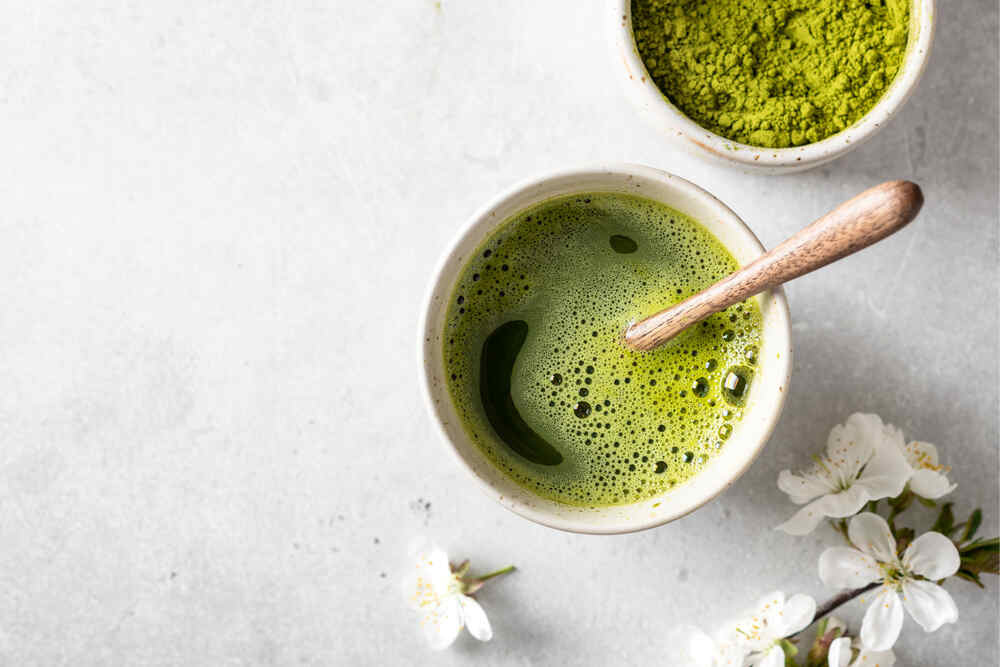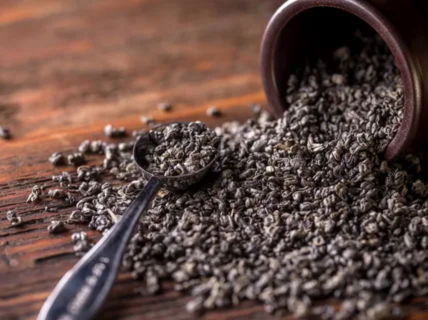Wondering if green tea is bad for your teeth? Learn how it affects enamel, stains, and overall oral health — plus tips to prevent damage.
Introduction
If you enjoy a daily cup of green tea, you might find yourself asking: is green tea bad for teeth? It’s a valid question — after all, many drinks that seem healthy still carry hidden risks for our smile. The good news is that when we look at the research, green tea actually offers several benefits for oral health, including reducing harmful bacteria and supporting gum health. However, like anything, there are caveats: issues such as teeth staining, enamel wear, and added sugars can tip the balance. In this article you’ll learn both sides of the story — how green tea and oral health interact, why some dental professionals raise caution, and practical ways you can enjoy green tea while protecting your teeth, gums and enamel.
How Green Tea Affects Oral Health
To answer the question is green tea bad for teeth, let’s begin by exploring its beneficial side: the relationship between green tea and oral health. Research shows that green tea is rich in catechins and other polyphenols — powerful compounds that exhibit antibacterial, anti-inflammatory and antioxidative action.
For example, catechins in green tea have been shown to inhibit the growth of cariogenic bacteria (such as Streptococcus mutans) and reduce acid production in the mouth, which helps protect tooth enamel and lower the risk of cavities. Similarly, studies suggest green tea may improve gum health by limiting inflammation, reducing periodontal bone loss, and fighting the bacteria that cause gum disease.
Another benefit: green tea contains fluoride naturally (and if brewed with fluoridated tap water may carry more), which can strengthen enamel when used sensibly.
In short: rather than being harmful, green tea can support your teeth and gums. So if you were wondering is green tea bad for teeth — in many cases the answer is that it isn’t bad; in fact it may be beneficial.

The Potential Downsides: Is Green Tea Bad for Teeth?
But the full answer to is green tea bad for teeth isn’t one-sided. There are a few factors to keep in mind. First, green tea contains tannins — natural compounds that can adhere to tooth enamel and over time cause discoloration or staining. One dental blog notes: “green tea still contains tannins … they can absorb into your teeth, leaving stains.”
Staining is largely cosmetic, not structural, but that doesn’t eliminate it as a concern — especially if you’re conscious about a bright smile. The extent of discoloration depends on how frequently you sip green tea, whether the drink has dark pigments, and how good your oral hygiene is.
Second, green tea drinks that include added sugar, flavourings or are highly acidic may offset the benefit. The sugars promote plaque and acid attacks on enamel, raising the risk of cavities and weakening enamel. Although green tea itself is less acidic than many drinks, frequent sipping of flavored or sweetened versions can be problematic.
Third, while enamel erosion from green tea is uncommon, any drink that maintains low pH and frequent contact with teeth can contribute. Best practice suggests rinsing with water afterward. Some experts indicate that “tea might affect your smile” if you don’t pay attention. Seaside Family & Cosmetic Dentistry
So in answering is green tea bad for teeth, the nuanced truth is: green tea itself is not inherently bad — but certain patterns (frequent sipping, sweeteners, poor dental hygiene) can make it a concern.

Practical Tips to Enjoy Green Tea While Protecting Your Teeth
Since green tea offers benefits but carries minor risks for your teeth, here are practical steps you can take:
| Tip | Description / Benefit |
|---|---|
| Choose unsweetened or plain green tea | Avoid added sugars, syrups, or acidic flavorings to maintain green tea’s benefits and protect tooth enamel from sugar damage. |
| Limit frequency of sipping | Don’t sip green tea continuously; finish it within a shorter time to reduce stain-forming exposure. |
| Rinse or drink water afterward | Rinsing with water helps wash away tannins and reduce acid contact, minimizing enamel stress and staining. |
| Maintain good oral hygiene | Brushing twice daily, flossing, and regular dental checkups help protect enamel and prevent stains from tannins. |
| Use a straw for iced green tea | Drinking through a straw limits contact with front teeth, reducing the chance of stains. |
| Be mindful of additives | Check flavored green teas (mint, citrus, honey, etc.) for added sugars or acids that can cause enamel wear or decay. |
| Talk with your dentist | If you notice discoloration, seek professional advice or cleaning early for easier management. |

FAQs
Q1: Can drinking green tea stain teeth?
Yes — because green tea contains tannins that can adhere to enamel over time and cause yellow-gray stains. But the effect is milder than coffee or black tea.
Q2: Does green tea cause cavities or enamel erosion?
Not inherently. In fact, green tea’s antibacterial and fluoride components may protect against cavities. The risk comes when you add sugar or sip continuously.
Q3: How many cups of green tea are safe for my teeth?
There’s no fixed number, but limiting frequency (rather than total cups) and ensuring you drink it plain is key. Two-three cups a day of unsweetened green tea is generally safe.
Q4: Is iced green tea worse for my teeth than hot green tea?
The risk is similar; but with iced tea many people sip over longer periods or add flavourings/sugars — that raises risk. Using a straw and avoiding sweeteners helps.
Conclusion
In conclusion: is green tea bad for teeth? The short answer is no — when consumed wisely, green tea is more friend than foe to your smile. Its antibacterial, anti-inflammatory and fluoride-carrying properties support oral health. But it does carry some risk of mild staining through tannins, and the addition of sugars or long sipping habits can undermine your enamel and gums. By choosing unsweetened blends, limiting sipping time, rinsing with water, and keeping up excellent oral hygiene, you can enjoy green tea while protecting your teeth. Cheers to your healthy smile and your healthy cup.




